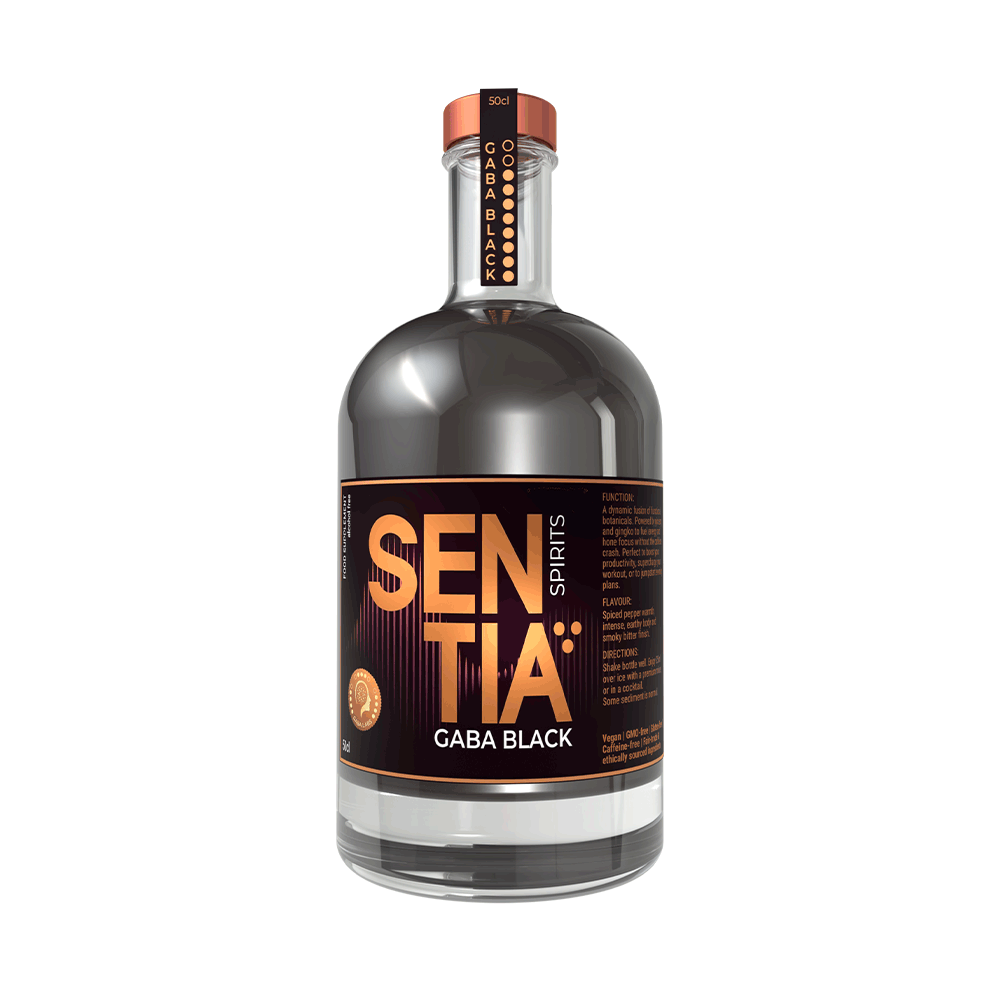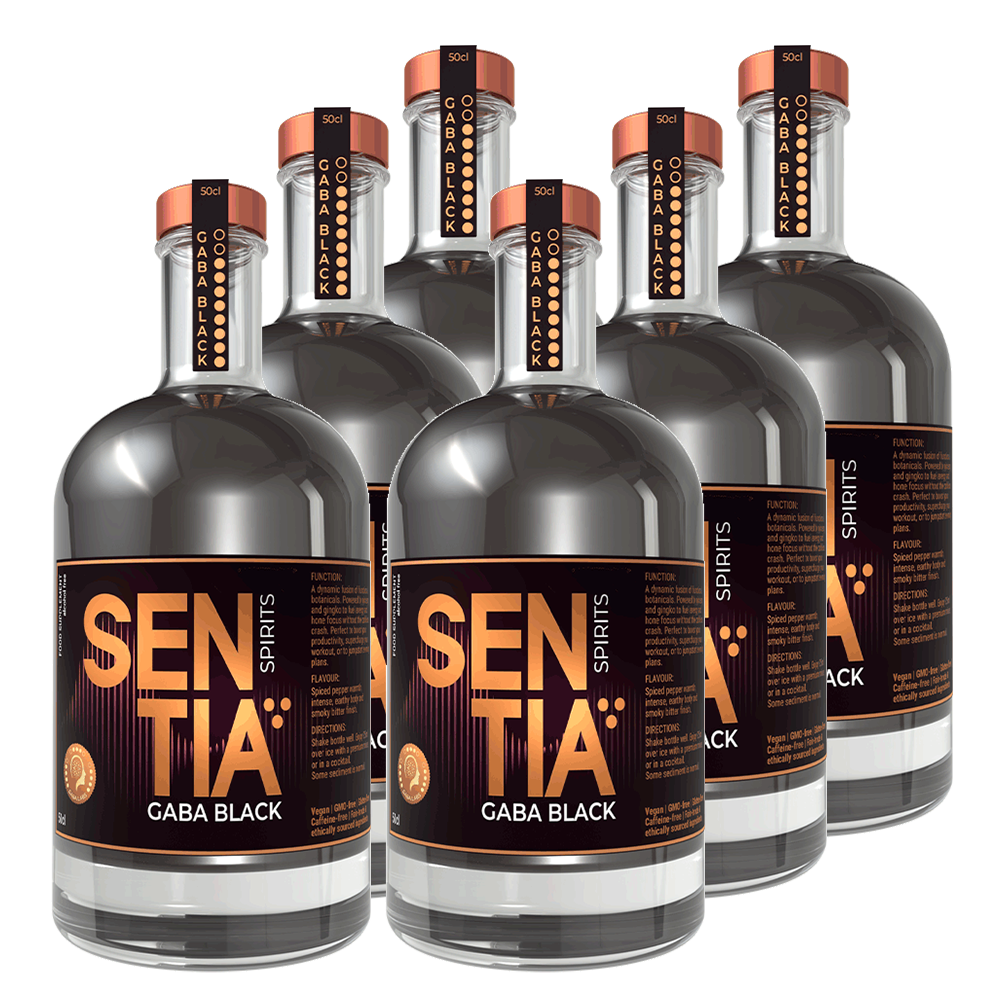
Father's day: let's celebrate the seismic neurological shifts all dads "enjoy"
What does the word “dad” mean to you? Is it about providing for family, being a role model, or perhaps something deeper and more personal? Fatherhood is a journey filled with joy, love, and, yes, a fair amount of stress. Understanding the pressures and transformations that come with this role can help us appreciate the profound challenges of fatherhood.
Twenty-First Century Dad
Fatherhood brings its own set of challenges. The stresses of balancing work and family life, dealing with sleepless nights, and adjusting to the constant demands of a newborn can be overwhelming. These pressures can sometimes lead to feelings of anxiety and depression, which are often overlooked in men. It's important to acknowledge that fathers, just like mothers, need support and understanding as they navigate this new phase of life.
The role of the father has evolved significantly over the last few generations. Gone are the days when fathers were seen primarily as the breadwinners and disciplinarians. Today, fathers are more involved in all aspects of parenting, from changing nappies to lending a hand with housework. This shift reflects a broader societal change towards gender equality and the recognition that fathers play an essential role in the emotional and developmental well-being of their children.
Becoming a Parent changes You—Literally.
Recent research has shed light on how these changes manifest in the brain of new fathers. Studies have shown that first-time fathers experience significant changes in their brains, particularly in the left hippocampus. This area of the brain is crucial for memory and emotional regulation. The volume of the left hippocampus can increase as men transition to fatherhood, which is linked to stronger emotional bonds with their kids. These changes are associated with the hormone oxytocin, often called the "love hormone," which helps facilitate bonding. Fathers with higher levels of oxytocin during their partner's pregnancy showed greater increases in hippocampal volume. Additionally, testosterone levels, which typically drop after a man becomes a father, may support more nurturing behavior.
Post-Partum Depression doesn’t care if you’re a Mum or a Dad
Another recent study has explored how becoming a father for the first time can change the brain's white matter. White matter consists of nerve fibres that connect different parts of the brain and facilitate communication between them. Using a special type of MRI called diffusion-weighted imaging (DWI), researchers examined changes in the white matter of new fathers from before their child was born to six months after. They found significant changes in white matter organisation, particularly reductions in fractional anisotropy (FA), an indicator of white matter integrity. These reductions were most notable in brain areas related to emotional regulation and cognitive functioning. Interestingly, changes in white matter were linked to postpartum depression but not to parenting stress, highlighting the need for mental health support for new fathers.
These findings suggest that the brains of new fathers have evolved to adapt to help them care for their babies, much like mothers—but sometimes these mechanisms fail and it’s not your fault. The transition to fatherhood involves substantial neurobiological changes that can impact mental health, emphasising the importance of paternal involvement in child development and the need for support systems for new fathers.
What does a Fatherhood mean to You?
Ultimately, what does it mean to be a father? It means stepping into a role that is constantly evolving, filled with both challenges and rewards. It means experiencing profound changes not just in your life but in your very brain, as you adapt to nurture and bond with your child. Fatherhood is about being present, emotionally and physically, and embracing the journey with all its highs and lows. Whether you are a new dad or have been one for years, the essence of fatherhood remains the same: it's about love, growth, and the ongoing commitment to your offspring's well-being.

